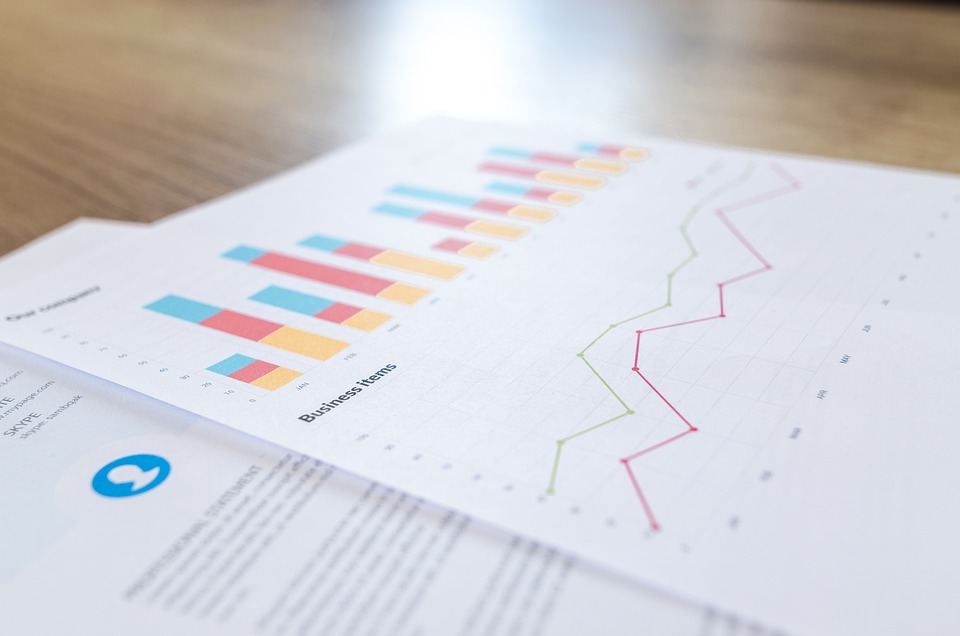Banks play a crucial role in the stability of an economy. They are often referred to as the backbone of the financial system, as they facilitate the flow of money, provide essential services to individuals and businesses, and help in the allocation of resources in the economy. Understanding the role of banks in economic stability is essential to grasp the interdependence between the two.
One of the primary functions of banks is to provide a safe place for individuals and businesses to deposit their money. This allows people to save their earnings in a secure manner and access their funds when needed. Banks also play a crucial role in lending money to individuals and businesses, enabling them to make investments and grow their businesses. This process of lending and borrowing helps stimulate economic activity and create growth in the economy.
Furthermore, banks act as financial intermediaries, connecting savers and borrowers in the economy. This intermediation function helps ensure that funds are allocated efficiently to those who need them the most. Banks also provide various financial services such as money transfer, investment advice, and insurance, which are essential for the functioning of the modern economy.
Banks also play a crucial role in monetary policy. Central banks use various tools to regulate the money supply in the economy, and one of the key mechanisms they use is through the banking system. By adjusting interest rates and reserve requirements, central banks can influence the lending and borrowing activities of banks, which, in turn, impacts the overall economy.
In times of economic crisis, such as a recession or a financial crisis, banks play a crucial role in maintaining stability. They help provide liquidity to the financial system, ensuring that businesses and individuals have access to credit when needed. Banks also act as a shock absorber, absorbing losses and stabilizing the financial system during times of turmoil.
However, the role of banks in economic stability is not without risks. Banks are highly leveraged institutions, meaning they operate with a significant amount of debt compared to their equity. This makes them vulnerable to financial shocks, and if not managed properly, can lead to a banking crisis that can severely impact the economy.
In conclusion, understanding the role of banks in economic stability is essential for policymakers, regulators, and the general public. Banks play a crucial role in the functioning of the economy, and their stability is essential for the overall health of the financial system. By ensuring that banks are adequately regulated and managed, we can help maintain economic stability and promote sustainable growth in the economy.




